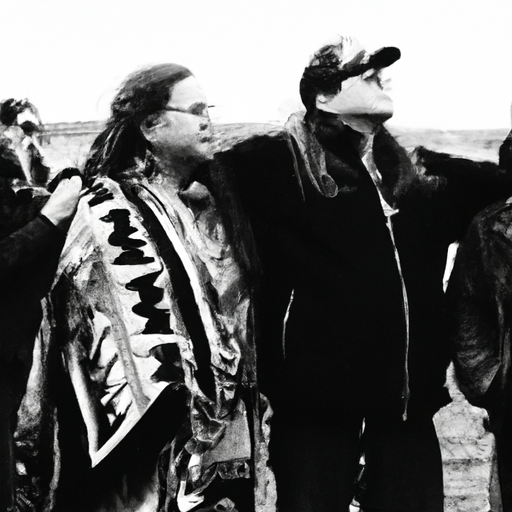The Overlooked Opioid Crisis in Canada’s First Nations Communities
Concerns are raising around the increasing problems related to opioid use and dependency, notably within Canada’s First Nations communities. I recently came across a powerful piece from CTV News covering how this issue has escalated into a state of emergency in the Athabasca Tribal Council region.
The Escalating Opioid Crisis
The Athabasca Tribal Council declared a regional state of emergency due to a significant increase in opioid addiction and mental health issues. Their press release indicated a lack of necessary support and resources required to manage the opioid crisis effectively. It draws attention to the rise in crime rate, homelessness, and a general state of community unease and despair.
Increasing Crime Rates and Homelessness
With opioid addiction, often comes a significant increase in crime rates, and a rise in homelessness. In the affected regions, petty crimes, like theft and property damage, have surged alongside more serious crimes. The emergency shelters and other resources to support individuals without stable housing are overwhelmed, as they also grapple with new challenges directly linked to the opioid crisis.
Available Support and Resources
Unfortunately, resources to deal with the opioid crisis are critically lacking, particularly in communities that need them most. Currently, the leading means of immediate treatment for opioid overdose is Naloxone kits. Although essential for emergency situations, they do not tackle the deeper roots of the problem and are not a long-term resolution for the opioid crisis.
Opioid Class Action: Seeking Justice and Support
In response to the crisis, the Athabasca Tribal Council has joined the national opioid class action lawsuit. This legal action is part of an initiative to hold opioid manufacturers accountable for their role in igniting the crisis. Also, the suit aims to generate funds to bolster much-needed resources and support for affected communities.
Key Points Summary:
- The Athabasca Tribal Council has declared a state of emergency due to the escalating opioid and mental health crisis.
- Alongside the opioid crisis, affected communities struggle with rising crime rates and homelessness.
- The available resources for managing the opioid crisis are less than adequate.
- Naloxone kits currently play a critical role in managing the crisis, even though they are a temporary and not a long-term solution.
- The Athabasca Tribal Council has joined the national opioid class action lawsuit, seeking compensations from manufacturers that could be used to aid the affected communities.
In Conclusion
The opioid crisis is an unfortunate reality for many Canadians, leading to devastating effects within affected communities. With skyrocketing rates of addiction, crime, and homelessness, the already challenged support networks are being stretched to the limit. While emergency measures such as Naloxone kits can offer short-term solutions, comprehensive and sustainable assistance measures are greatly needed. Through initiatives like the opioid class action lawsuit, communities are seeking justice, compensation, and, most importantly, a pathway toward healing and recovery. Stay tuned as we continue to follow and further discuss developments on this critical issue.


